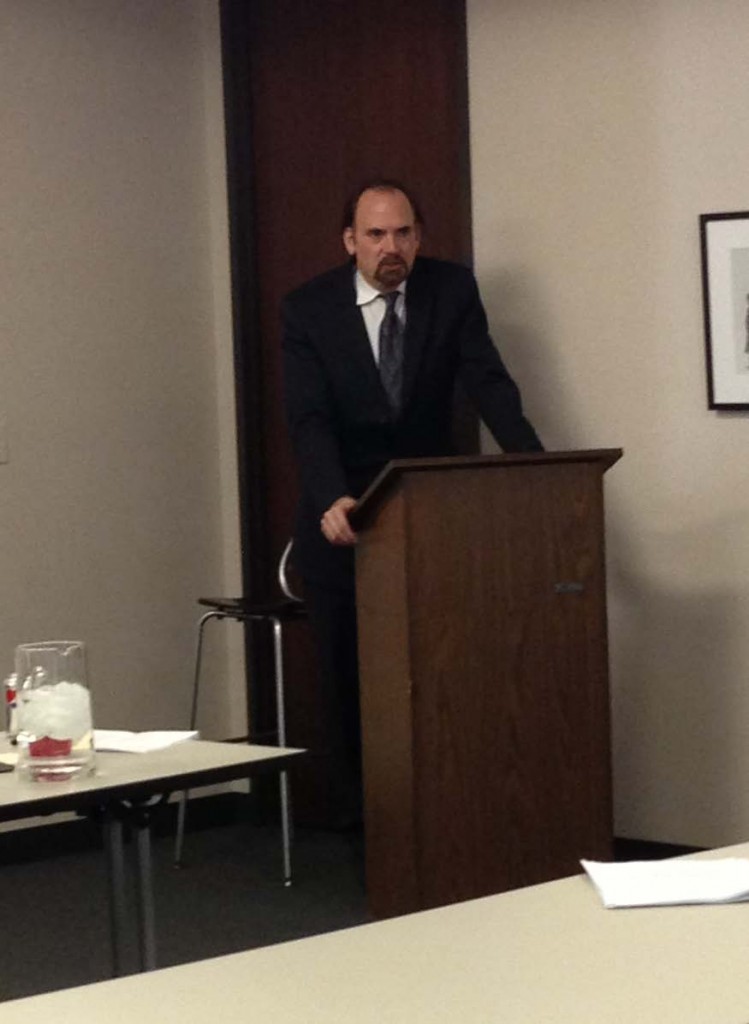For Immediate Release – Small Business Advocacy Council Presents: Tax Strategies for Your Small Business
On Thursday, March 21, 2013, the Small Business Advocacy Council presented the panel: “Tax Strategies for Your Small Business.†David Lynam, along with Michael Stuart of the Stuart Legacy Alliance and Mike Manning of Fusion Accounting and Technology, educated attendees about tax planning for small businesses.
Focusing the American Taxpayer Relief Act of 2012, Lynam pointed out a number of benefits available to small businesses, for which the owners of such businesses may not have known they were eligible. Some of the advantageous extensions under the Act include:
- A 15-year recovery period for qualified leasehold or retail improvements, and restaurant property;
- A tax credit for hiring veterans or certain other individuals who meet specific criteria;
- Special tax incentives for businesses located in empowerment zones;
- Write-offs for new SUVs and pickup trucks used in small businesses;
- Deductions for business owners for employment of owners’ children;
- A 100% exclusion for gains on a sale of small business stock by non-corporate taxpayers in qualified small business stock.
Lynam spoke to the small business owners and tax professionals in the audience about how to take advantage of these great and easily-overlooked tax benefits of the Act.
Also discussed were the unique considerations that accompany planning for family-owned businesses. Because family estate planning and business planning are often intermingled in cases of family-owned businesses, Stuart advised that it is vital to focus on transition planning (for example, anticipate one family member leaving the business), and take a team approach to financial preparedness. His advice overall was to allow the values of both the family and the business to guide financial planning.
Manning also emphasized the importance of taking a unified approach to small business planning. He noted that attorneys and financial professionals are not always in touch with one other when it comes to this sort of planning; however, it is favorable to families and owners of family businesses when they are. Manning, a forensic accountant, will often only see financial records after some sort of “triggering event,†such as a change in the makeup of a business or a death in the family. Because he will frequently see what a lack of good planning may lead to, he advised that small businesses do their best to be organized, and work with attorneys and financial professionals ahead of time, as opposed to waiting until after the triggering event—whatever it may be—has already occurred.
All three panelists offered valuable insight into and guidance for small business planning. If you would like to improve planning for your small business, or take advantage of valuable tax credits, contact David Lynam at dlynam@lynamlaw.com.

David Lynam addresses the crowd at the SBAC.